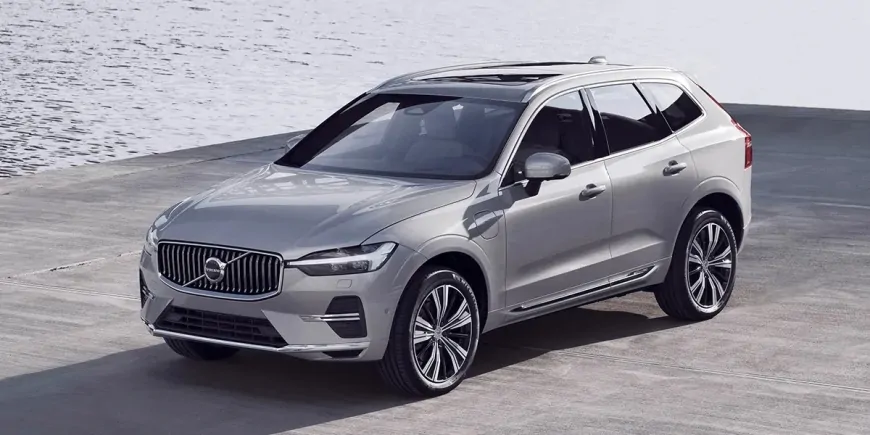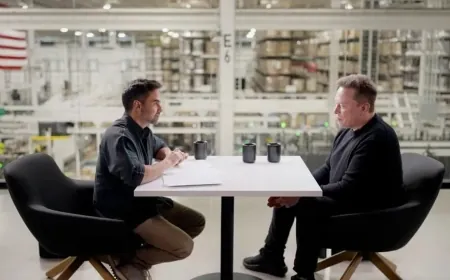Volvo Recalls 413,000+ Cars in the U.S. Over Rearview Camera Failure — See If Your Model Is Affected
Over 413,000 Volvo cars are being recalled across the U.S. due to a dangerous rearview camera glitch—find out which models are affected, how to get the fix, and why Volvo is also cutting jobs at its U.S. plant.

Volvo Cars is recalling 413,151 vehicles across the United States following a significant safety issue with rearview camera systems. The announcement, confirmed by the National Highway Traffic Safety Administration (NHTSA), highlights that affected vehicles may fail to display the rear camera image when shifted into reverse, posing a heightened risk of collision.
The defect spans several Volvo models, including the 2021 to 2025 XC40. While Volvo has not reported any injuries or accidents linked to the issue so far, the malfunction directly undermines the vehicle’s compliance with federal safety standards that require functional rear visibility systems in all new cars.
To correct the issue, Volvo plans to roll out a software update. Owners can either visit authorized dealerships or receive the fix through over-the-air updates, depending on their vehicle’s software capabilities.
Platform Overlap Ties Recall to Polestar’s Recent Issues
The timing of Volvo’s recall coincides with a nearly identical move by Polestar, the Swedish electric vehicle maker that shares its technical architecture with Volvo. Just last week, Polestar issued a recall for over 27,000 Polestar 2 units in the U.S., citing the same rear camera defect.
Both companies utilize the CMA (Compact Modular Architecture) platform, developed in partnership between Volvo Cars and its Chinese parent company, Geely. This commonality in design and software increases the likelihood that system-level bugs or hardware issues could affect vehicles across both brands.
While the Polestar 2 is no longer available for new orders in the U.S., the recall affects thousands of existing units still on the road. The overlap also raises questions about potential vulnerabilities in shared vehicle platforms and how swiftly automakers can respond with fixes.
Volvo to Cut Jobs in South Carolina Plant Amid U.S. Strategy Shift
In addition to the recall, Volvo Cars confirmed it will lay off approximately 5% of its workforce at its Charleston, South Carolina manufacturing facility. The move is part of a broader cost-cutting initiative aimed at reshaping Volvo’s U.S. operations, which have been under pressure from changing market dynamics and increasing tariff costs.
The Charleston plant, which produces models like the S60 sedan and is expected to handle production of the upcoming fully electric EX90 SUV, is a key pillar in Volvo’s North American strategy. However, the company’s restructuring signals a recalibration of its growth expectations in the U.S. as it faces shifting economic conditions and global supply chain challenges.
Just last month, Volvo withdrew its earnings forecast for the year, citing tariff impacts and a need to streamline operations. The recall and job cuts further underscore the company’s efforts to stay competitive in a tightening and increasingly regulated automotive landscape.
What U.S. Volvo Owners Need to Know
-
Affected Models: Primarily 2021–2025 Volvo XC40, but other models may be involved. Full VIN lists will be available through NHTSA and Volvo’s official recall page.
-
Issue: Rearview camera may fail to display image when reversing.
-
Fix: Free software update available through dealership or over-the-air (OTA), depending on the model.
-
Next Steps: Vehicle owners will be notified by Volvo beginning in mid-May. Those unsure about their vehicle’s status can check their VIN on the NHTSA recall lookup site.
Rearview camera systems have become a standard feature in modern vehicles, both for convenience and safety. A non-functioning camera reduces a driver’s situational awareness, especially in urban or high-traffic areas. While the fix is relatively straightforward, the scale of the recall — affecting over 400,000 vehicles — makes this one of Volvo’s more significant safety actions in recent years.
Moreover, the coinciding issues with Polestar raise larger concerns about the interconnected nature of automotive platforms and how faults in shared components can ripple across brands and markets.
Also Read: Volkswagen, Audi Recall 60,000+ Vehicles Over Gear Display Issue – Check Affected Models

































































